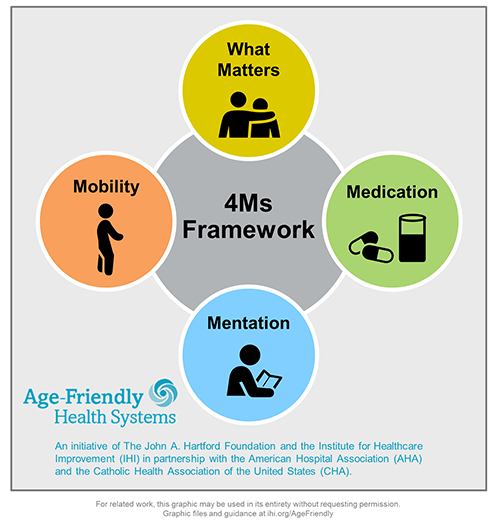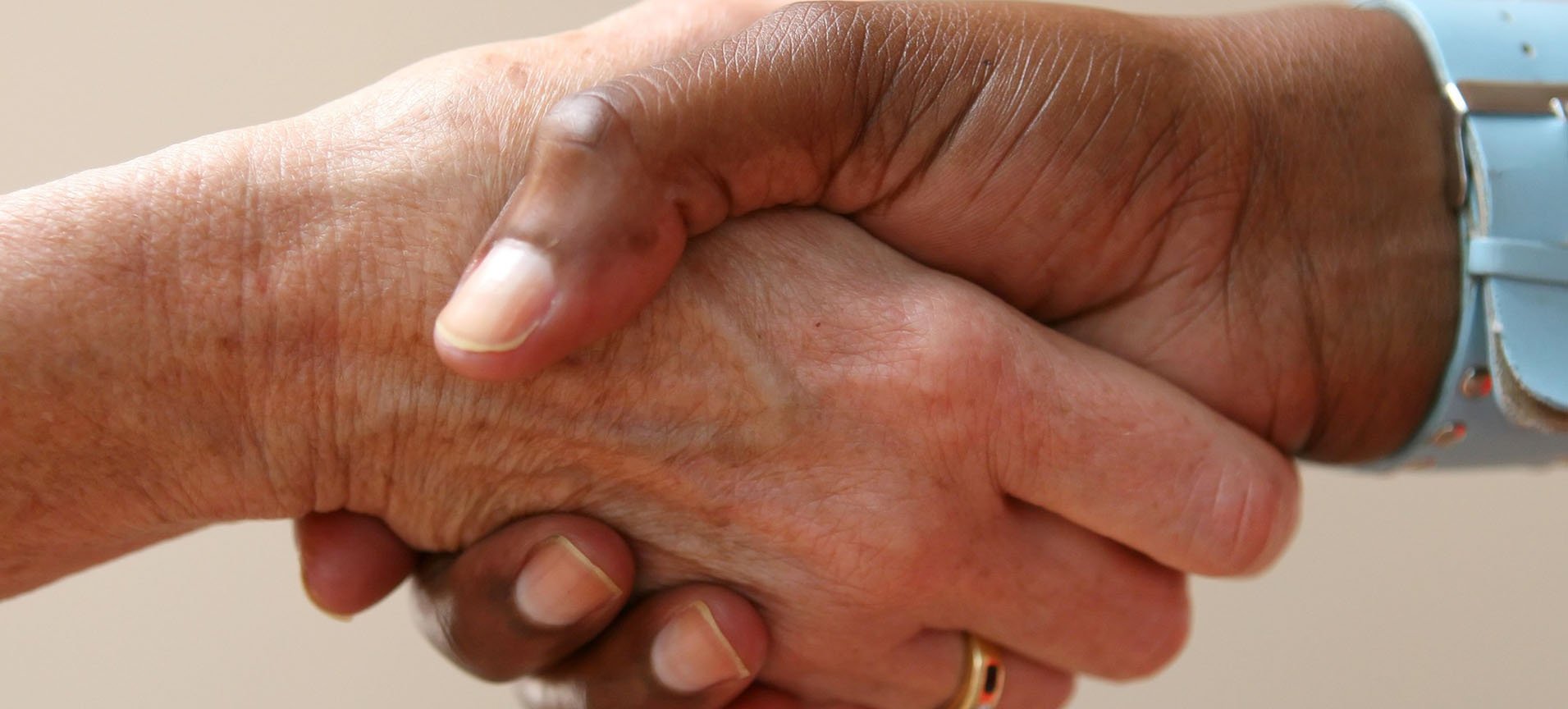New Jersey Institute for Successful Aging
NJ GWEP
Mission
The mission of the New Jersey Geriatrics Workforce Enhancement Program (NJGWEP) is to deliver exceptional care through an interprofessional approach that enhances education, training and innovative care models across individual, system, community and population levels.
Program Summary
The NJISA at Rowan-Virtua School of Osteopathic Medicine is the recipient a five-year Geriatric Workforce Enhancement Program (GWEP) grant, now in its third cycle, from the U.S. DHHS-HRSA, effective July 1, 2024. Through NJ GWEP, we aim to strengthen primary and geriatrics care workforces, promoting age- and dementia-friendly care, closing care gaps, and enhancing health outcomes at integrated geriatrics primary care sites.
Our focus in on three key objectives:
- Build partnerships to create age- and dementia-friendly clinical training environments.
- Provide interprofessional geriatrics training in Tribal, Underserved and Rural (TTOUR) sites to retain practitioners in these communities.
- Develop training programs that equip care workers with skills and tools to improve care for older adults, including those with dementia.
The NJ GWEP aims to integrate geriatrics principles into primary care, enhancing patient and family engagement and promoting Age-Friendly Health Systems and communities through the 4Ms framework (What Matters, Mentation, Medication, Mobility), a national initiative by the John A. Hartford Foundation and the Institute for Healthcare Improvement (IHI).
4Ms Framework for Age-Friendly Health Systems
4Ms Framework for Age-Friendly Health Systems: An Initiative of The John A. Hartford Foundation and Institute for Healthcare Improvement (IHI) in partnership with the American Hospital Association (AHA) and the Catholic Health Association of the United States (CHA).

What Matters
Know and align care with each older adult's specific health outcome goals and care preferences including, but not limited to, end-of-life care, and across settings of care.
Medication
If medication is necessary, use Age-Friendly medication that does not interfere with What Matters to the older adult, Mobility, or Mentation across settings of care.
Mentation
Prevent, identify, treat, and manage dementia, depression, and delirium across settings of care.
Mobility
Ensure that older adults move safely every day in order to maintain function and do What Matters.
Partners
The NJ GWEP is working with its partners to promote age-friendly health systems and communities. Our partners are committed to providing evidence-based care for older individuals and supporting their families and caregivers.
Our partners include:
- Rowan-Virtua School of Osteopathic Medicine
- New Jersey Institute of Successful Aging
- New Jersey Geriatric Workforce Enhancement Program
- Virtua Health College of Medicine & Life Sciences of Rowan University
In addition to the partners listed above, we have integral partners throughout our communities. The affordable housing sites and nursing homes listed below were selected to implement the 4Ms framework and the Resident Health Risk Assessment, building on the successful model established at Northgate II.
Nursing Home Partners
- Lions Gate, Voorhees, NJ
- Laurel Manor, Stratford, NJ
- Abigail House, Camden, NJ
- St. Mary's Center for Rehabilitation & Healthcare, Cherry Hill, NJ
Community-Based Partners
- Village at St. Peter's, Pleasantville, NJ
- Camden Coalition of Health, Camden, NJ
- Fair Share Housing/Northgate II, Camden, NJ
At each site above, training sessions for building staff, residents, family caregivers and health profession students focus on:
- Age-friendly communities
- 4Ms - What Matters, Mentation, Mobility and Medication
- Dementia, delirium and depression
- Polypharmacy and fall prevention
Staff conduct health risk assessments, create 4Ms-based care plans, and partner with academic institutions to offer interprofessional training for health students.
Academic Partners
- Rutgers School of Nursing
- Stockton University
- Rowan Master of Social Work
- Rowan College of South Jersey
- Rita & Larry Salva School of Nursing & Health Professions
State and Federal Partners
- New Jersey Department of Aging
- Wilmington Veterans Administration


